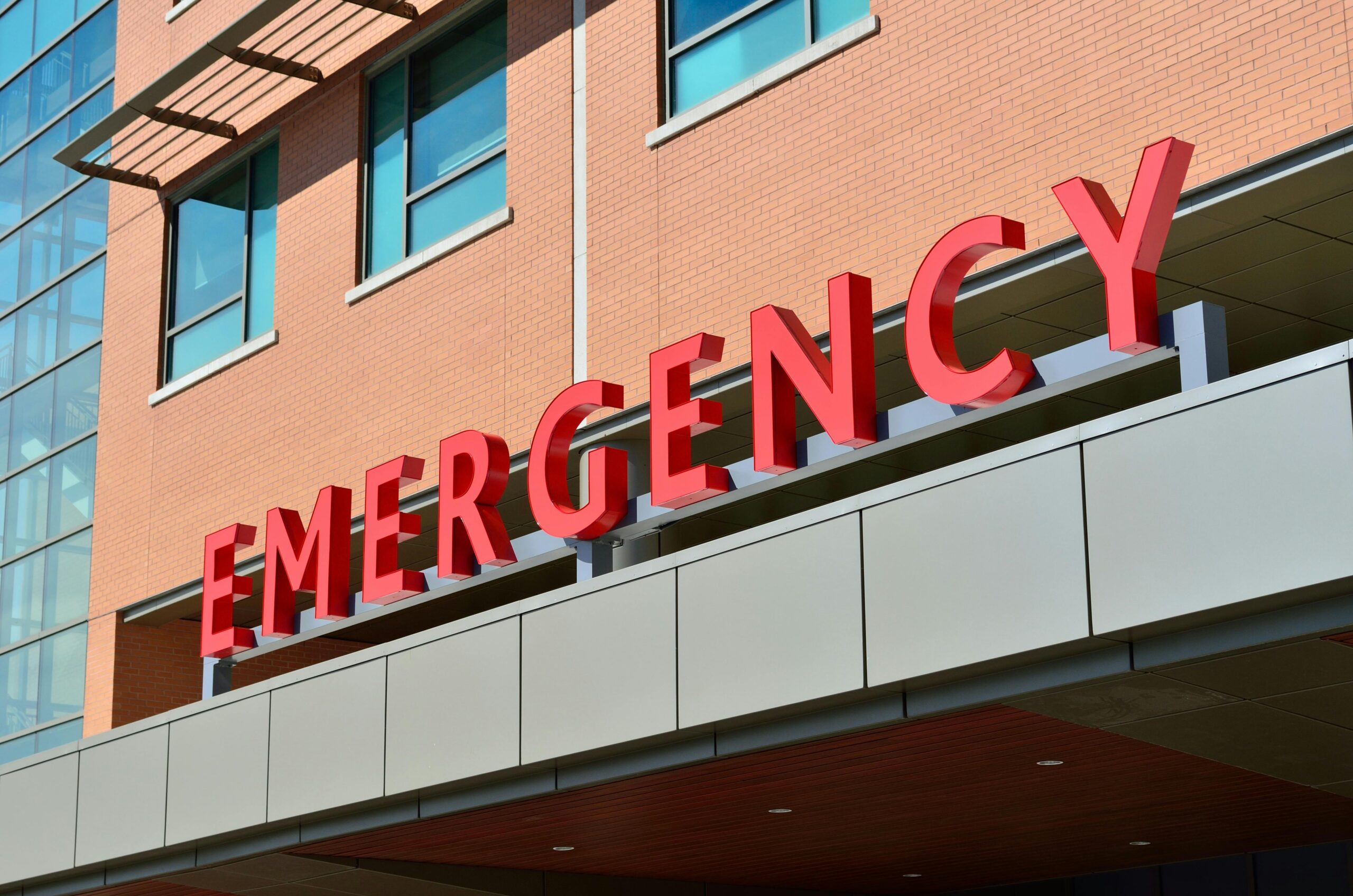The Emergency Medical Training program equips participants with essential life-saving skills to respond effectively to medical emergencies. This comprehensive course covers crucial techniques such as CPR, choking relief, wound care, and patient stabilization, following international first aid and resuscitation guidelines. Participants engage in hands-on practical training to enhance their emergency response capabilities in various settings.
Course Objectives
By the end of this training, participants will be able to:
- Recognize and assess medical emergencies effectively.
- Perform Cardiopulmonary Resuscitation (CPR) and operate an Automated External Defibrillator (AED).
- Provide first aid for choking, bleeding, burns, fractures, and other injuries.
- Stabilize victims in emergency situations before professional help arrives.
- Apply proper first aid techniques in workplace, home, and public environments.
- Understand legal and ethical considerations in emergency care.
Course Modules
- Introduction to Emergency Medical Training – Importance, overview, and legal considerations.
- Cardiopulmonary Resuscitation (CPR) – Techniques for adults, children, and infants.
- Automated External Defibrillator (AED) – Usage, operation, and safety protocols.
- Choking Emergencies – Identification and response across different age groups.
- Bleeding and Wound Care – Managing cuts, burns, and severe bleeding.
- Fractures and Musculoskeletal Injuries – Immobilization and stabilization techniques.
- Shock and Unconsciousness Management – Identifying symptoms and providing immediate care.
- Medical Emergencies – Handling seizures, strokes, diabetic emergencies, and allergic reactions.
- Workplace and Community Emergency Response – Practical scenarios and real-life simulations.
Target Audience
- Healthcare professionals (nurses, paramedics, medical practitioners)
- Teachers and school staff
- Security personnel
- Employees in high-risk workplaces (construction, manufacturing, etc.)
- Community responders and volunteers
- Parents and caregivers
- Drivers and transport operators
Key Users of Emergency Medical Training in Kenya
- Kenya Red Cross Society
- St. John Ambulance Kenya
- Ministry of Health (MOH) Kenya
- Emergency Medical Services (EMS) providers
- Security firms and private companies
- Educational institutions (schools, universities, colleges)
- Hospitality and tourism industry (hotels, airlines, travel agencies)
General Information
Customized Training Options
- Tailored Courses: Training is customized to meet specific needs.
- Language Proficiency: Strong command of English required.
- Comprehensive Learning: Includes interactive presentations, hands-on exercises, web tutorials, and expert-led discussions.
- Certification: Participants receive a recognized certificate upon successful completion.
- Flexible Training Locations: Conducted at StepSure Training & Research Institute (STRI) centers, in-house, or online.
- Adjustable Course Duration: Course structure and duration are tailored to participant needs.
Training Package Includes:
✔ Expert facilitation and high-quality training materials
✔ Refreshments (coffee breaks and lunch)
✔ Certification upon successful course completion
Additional Services
- Affordable accommodation options and airport pickup services.
- Visa assistance available.
- Tablets and laptops available for rent.
- Six months of post-training support (consultation & coaching).
Group Discounts & Payment Plans
- Special discounts for groups of four or more.
- Flexible payment options (full payment before training or as per agreement).
Contact Us
📞 Phone: +254 723 482 495 | +254 757 155 287
📧 Email: info@stepsureresearchinstitute.org
🌍 Website: www.stepsureresearchinstitute.org








